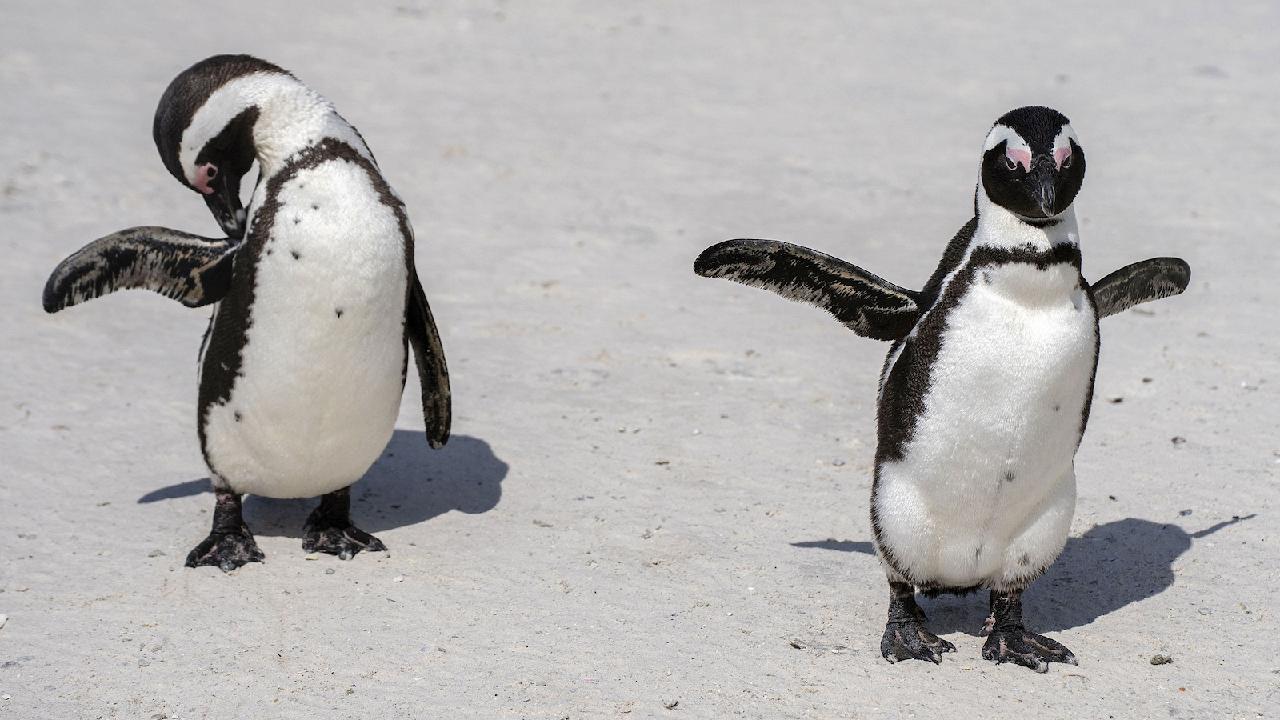WWF Reports a 76% Decline in Africa's Wildlife Population Since 1970
WWF reports a staggering 76% decline in Africa's wildlife populations since 1970. The organization highlights the critical threats facing these species, including habitat loss, poaching, and climate change, emphasizing the urgent need for conservation efforts to safeguard the continent's rich biodiversity.

The World Wide Fund for Nature Kenya, in its 2024 Living Planet Report, identified habitat loss, overexploitation, climate change, pollution, invasive species, and diseases as the primary causes for the decline in wildlife populations across the continent from 1970 to 2020.
"This alarming trend highlights the urgent need for transformative action to safeguard Africa's natural ecosystems and the livelihoods that depend on them," the report emphasizes in its 15th edition.
The report provides a comprehensive, science-based assessment of trends in global biodiversity and the health of the planet, while also monitoring the status of species populations worldwide.
This year's report indicates that freshwater ecosystems have experienced the most severe decline, suffering an 85 percent reduction, followed by terrestrial species at 69 percent and marine species at 56 percent.
It warns that this rapid decline in wildlife populations signals potential extinctions that could destabilize ecosystems and threaten the livelihoods of African communities.
The report suggests that African countries must meet their nature, climate, and sustainable development commitments to better position themselves to reverse the downward trend in wildlife populations.
To stabilize wildlife populations across the continent, a systemic shift in production and consumption models, along with investments in community-led conservation initiatives, is essential. The report calls on African governments, industry stakeholders, and bilateral partners to expand protections for terrestrial and marine ecosystems, allowing charismatic wildlife species to flourish.
Mohamed Awer, CEO of WWF-Kenya, emphasized that restoring nature, addressing the climate crisis more vigorously, and sustainably utilizing biological diversity are pivotal in reversing the loss of African wildlife.
Awer highlighted that a collaborative societal approach focused on resource mobilization and community empowerment is crucial to preventing the loss or extinction of rare species.
Jackson Kiplagat, who leads conservation programs at WWF-Kenya, pointed out that flagship species like the African lion, African elephant, and black rhinoceros are under threat. He underscored the importance of robust conservation measures in stabilizing their populations.
Jessica Kline for TROIB News












